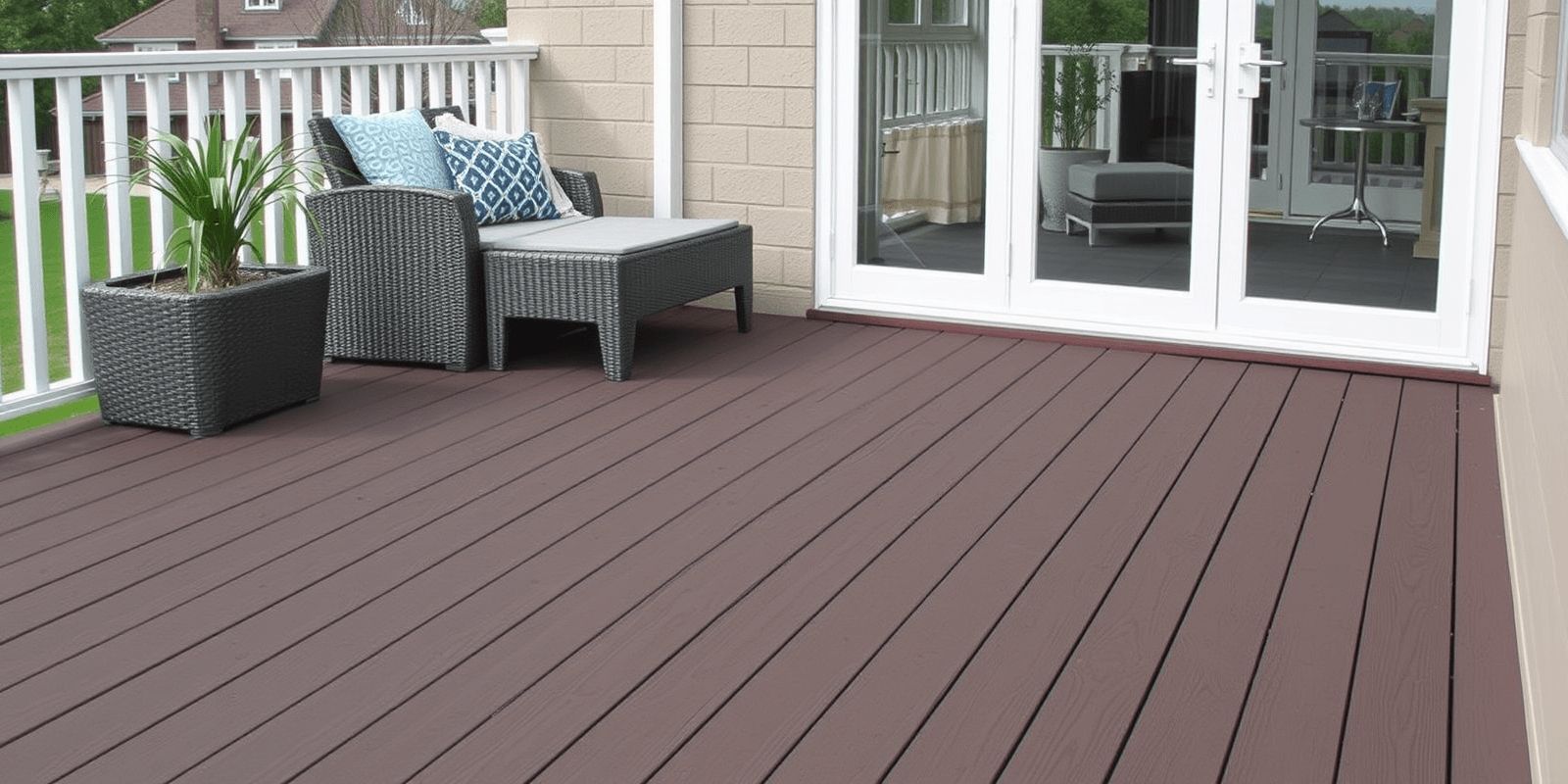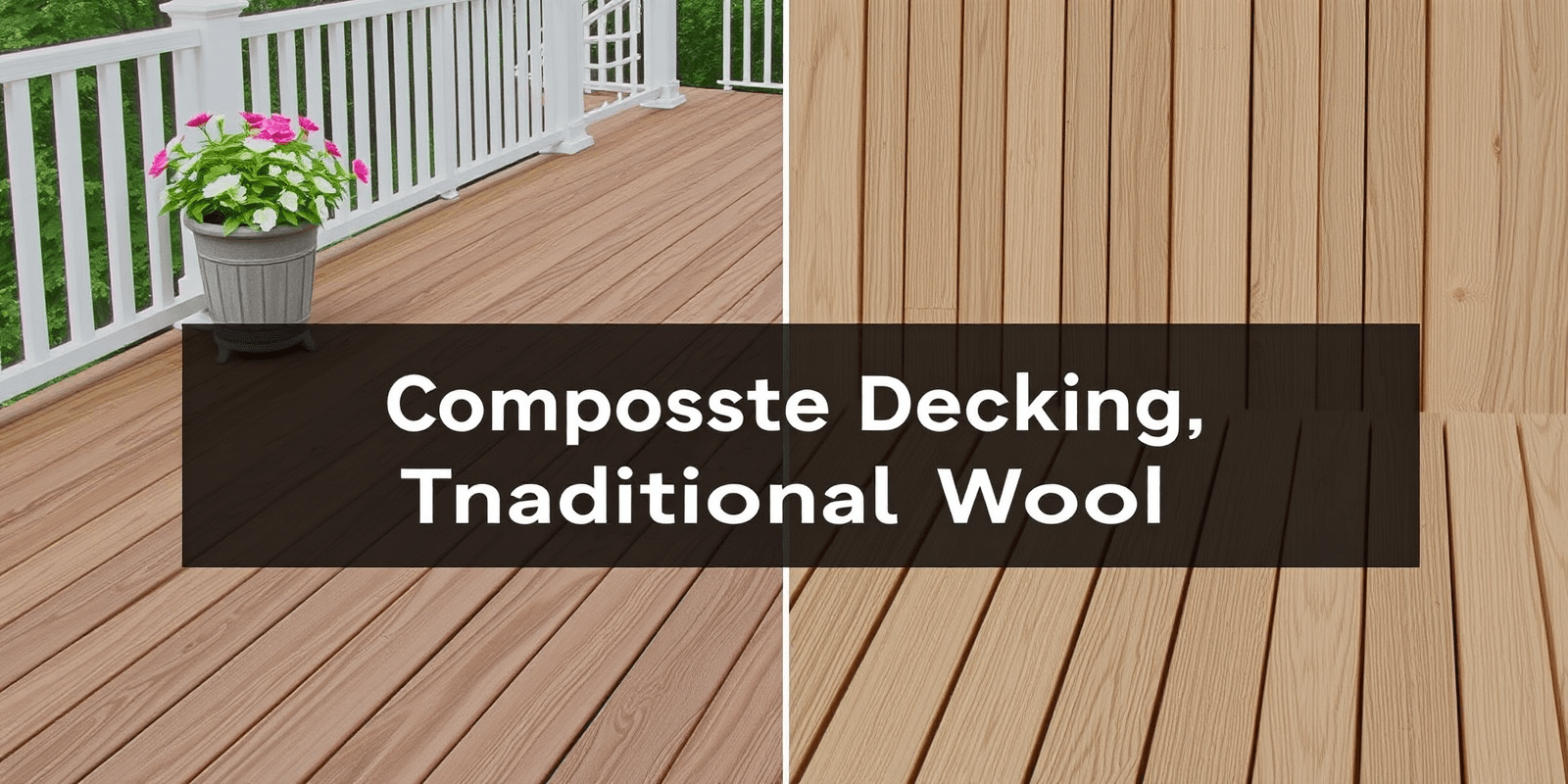“`html
Will Wood Cleaners Damage Composite Decking?
Introduction
In the realm of home maintenance, cleaning is a critical task that ensures longevity and aesthetic appeal. Composite decking has become increasingly popular due to its durability and low-maintenance requirements. However, when it comes to cleaning, many homeowners wonder whether wood cleaners, which are commonly used on traditional wooden decks, can cause damage to composite materials. This article delves into the chemical composition of both wood cleaners and composite decking materials, explaining how these chemicals interact and the potential for damage.
Chemical Composition of Wood Cleaners
Wood cleaners typically contain a blend of surfactants, solvents, and sometimes bleach or other strong chemicals to break down dirt, grime, and mildew. These components can include sodium hydroxide (NaOH), phosphoric acid, and various surfactants like alkylbenzene sulfonate. The strength and composition of these cleaners vary widely, with some being more aggressive than others.
Chemical Composition of Composite Decking
Composite decking is made from a mixture of wood fibers, plastic resins, and additives designed to enhance durability and weather resistance. Commonly used plastics include high-density polyethylene (HDPE) and polypropylene (PP). The wood fibers are often sourced from recycled wood, such as sawdust or wood flour. Additives may include UV stabilizers, pigments, and anti-slip agents.
Interaction Between Wood Cleaners and Composite Decking
The interaction between wood cleaners and composite decking can be complex. While some wood cleaners may be safe, others can cause significant damage. Aggressive chemicals like bleach or strong acids can degrade the plastic resins in composite materials, leading to discoloration, cracking, and weakening of the deck’s structure. Surfactants and solvents can also soften the surface, making it more susceptible to scratches and wear over time.
Expert Opinions and Case Studies
According to Deck Magazine, using mild, non-acidic cleaners is recommended for composite decks. They suggest products specifically formulated for composite materials, which are gentler and less likely to cause damage. A study by the University of Florida’s Institute of Food and Agricultural Sciences found that exposure to harsh chemicals could lead to premature degradation of composite decking, emphasizing the importance of selecting appropriate cleaning agents.
Conclusion
While wood cleaners can effectively clean traditional wooden decks, they pose a risk to composite decking materials. The aggressive chemicals in these cleaners can cause significant damage, including discoloration, cracking, and weakening of the composite structure. Homeowners should opt for cleaners specifically designed for composite materials to ensure their deck remains in optimal condition.
“`



